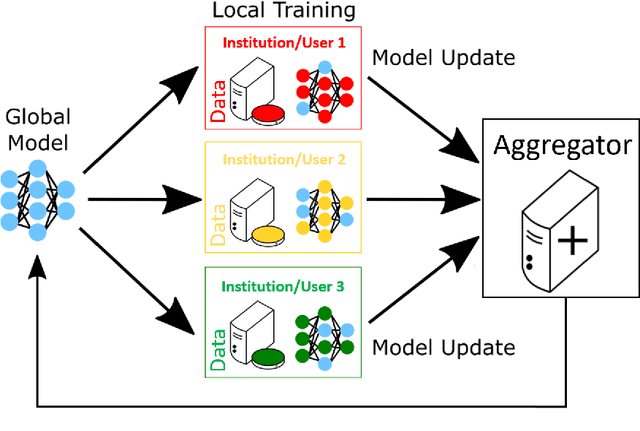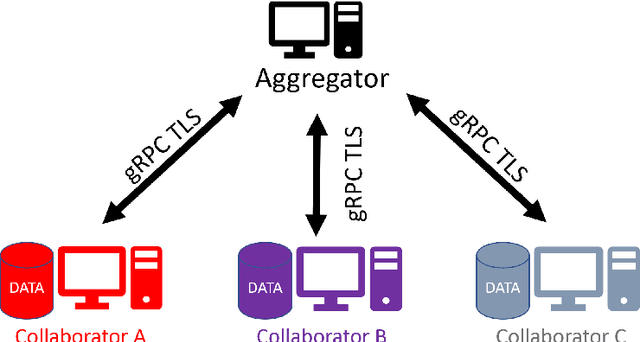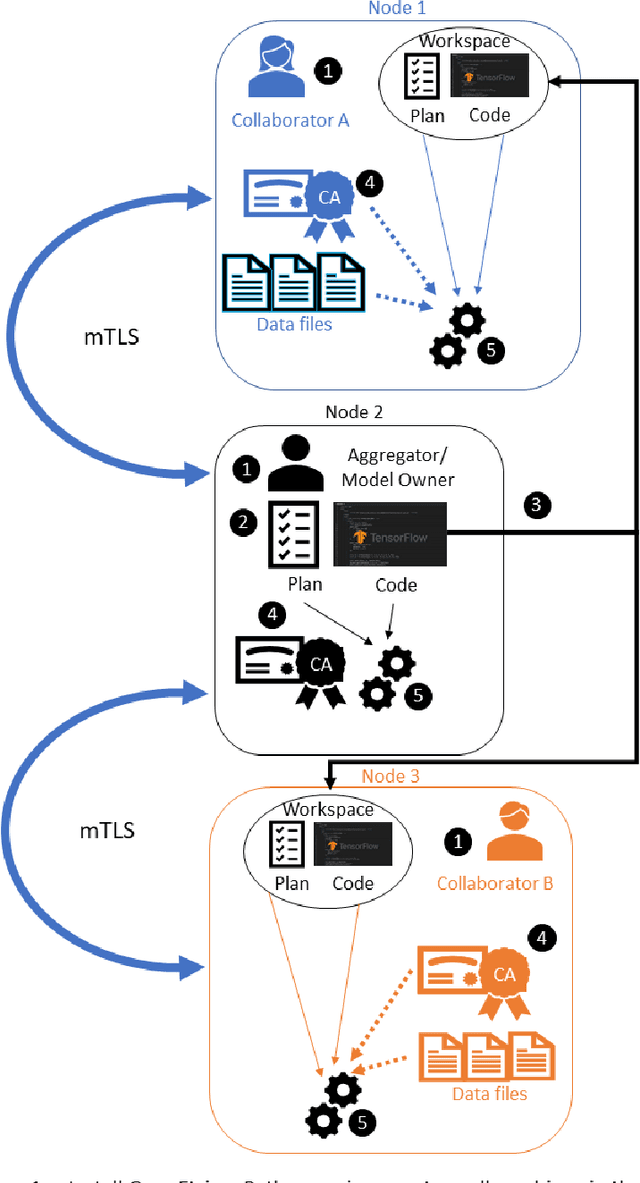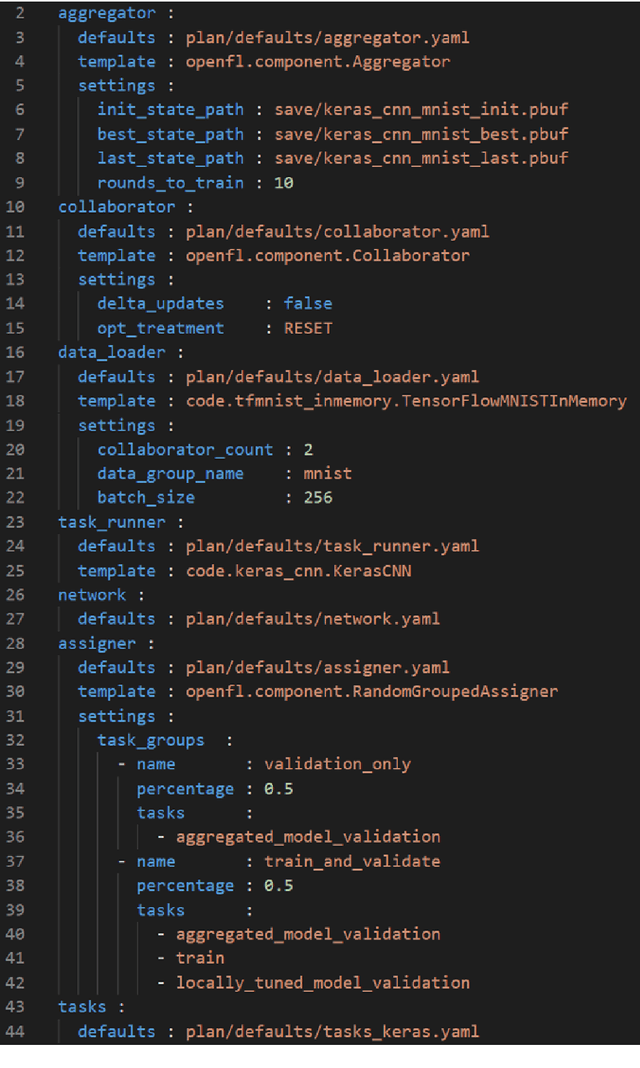Maksim Radionov
Michael Pokorny
Humanity's Last Exam
Jan 24, 2025Abstract:Benchmarks are important tools for tracking the rapid advancements in large language model (LLM) capabilities. However, benchmarks are not keeping pace in difficulty: LLMs now achieve over 90\% accuracy on popular benchmarks like MMLU, limiting informed measurement of state-of-the-art LLM capabilities. In response, we introduce Humanity's Last Exam (HLE), a multi-modal benchmark at the frontier of human knowledge, designed to be the final closed-ended academic benchmark of its kind with broad subject coverage. HLE consists of 3,000 questions across dozens of subjects, including mathematics, humanities, and the natural sciences. HLE is developed globally by subject-matter experts and consists of multiple-choice and short-answer questions suitable for automated grading. Each question has a known solution that is unambiguous and easily verifiable, but cannot be quickly answered via internet retrieval. State-of-the-art LLMs demonstrate low accuracy and calibration on HLE, highlighting a significant gap between current LLM capabilities and the expert human frontier on closed-ended academic questions. To inform research and policymaking upon a clear understanding of model capabilities, we publicly release HLE at https://lastexam.ai.
OpenFL: An open-source framework for Federated Learning
May 13, 2021



Abstract:Federated learning (FL) is a computational paradigm that enables organizations to collaborate on machine learning (ML) projects without sharing sensitive data, such as, patient records, financial data, or classified secrets. Open Federated Learning (OpenFL https://github.com/intel/openfl) is an open-source framework for training ML algorithms using the data-private collaborative learning paradigm of FL. OpenFL works with training pipelines built with both TensorFlow and PyTorch, and can be easily extended to other ML and deep learning frameworks. Here, we summarize the motivation and development characteristics of OpenFL, with the intention of facilitating its application to existing ML model training in a production environment. Finally, we describe the first use of the OpenFL framework to train consensus ML models in a consortium of international healthcare organizations, as well as how it facilitates the first computational competition on FL.
 Add to Chrome
Add to Chrome Add to Firefox
Add to Firefox Add to Edge
Add to Edge